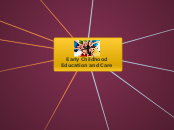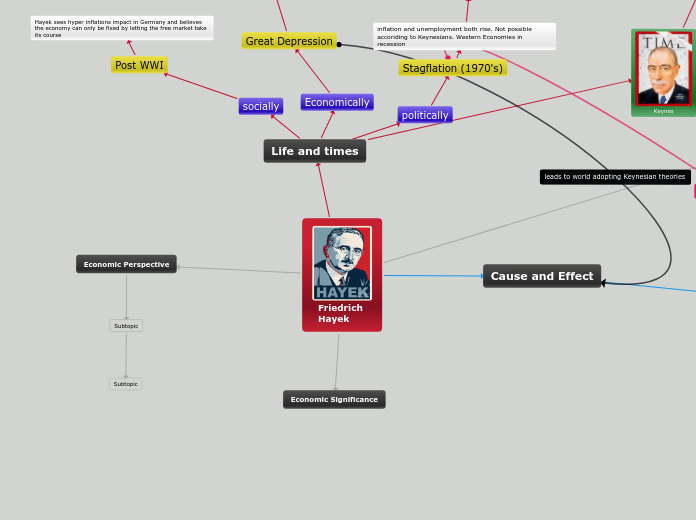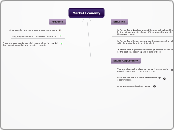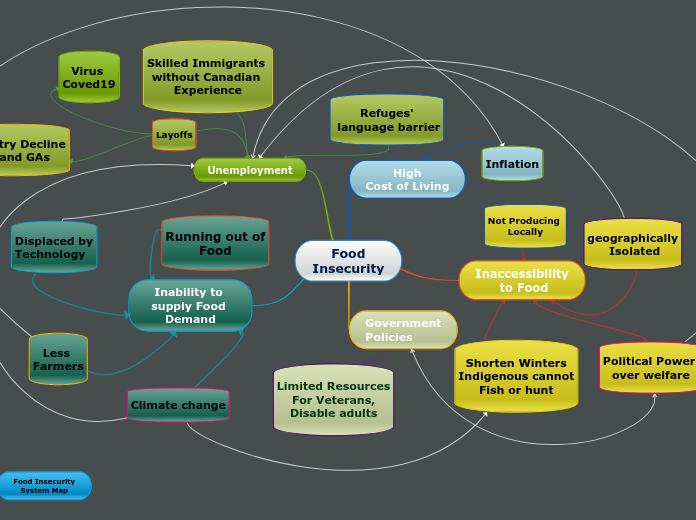Early Childhood Education and Care
What issues should be considered when it comes to governance entities?
balance
values
public support for governance
funding
durability
How has governance changed in early childhood education and care in the United States?
Phase 3: Moving Toward Shared Responsibility and Accountability (late 1990s - current)
motivated by the desire to increase equity, efficiency, and accountability
Phase 2: Moving Toward Shared Responsibility & Accountability (1990s - 2000s)
lack clear mission or sense of purpose
lack of durability, authority, and accountability
Phase 1: The Programmatic Approach (began in the 1960s)
individual programs with their own expectations for children, criteria for staff qualifications, and improvement monitoring systems
What are the responsibilities of an effective governance entity?
collecting, interpreting, and releasing data
budgeting, allocating, and managing fiscal resources
developing and enforcing regulations
How is it organized?
interagency councils, sometimes called coordinating mechanisms or COMs
not successful in promoting a coherent overall policy
effective in handling specific programs and tasks
educational agencies (4-6 yrs.)
child care policy agencies (0-3 yrs.)
What is governance?
How programs and entities are managed to promote efficiency, excellence, and equity
How is early childhood care and education funded?
Subtopic
demand side
less expensive for the government
funding directly to parents through tax deductions or credits
supply side
more expensive for the government
funds services which are operated by public entities
How is a quality workforce built?
attempts to diversify the workforce by hiring employees that reflect the communities in which the school is located
required licensing and education
fair compensation
better training
Why do countries support early childhood education?
improves social equity for disadvantaged or "at risk" children
EX: Programs such as "Head Start" were created in the United States to help even the playing field for children who are considered "at risk."
addresses issues with declining fertility rates
EX: The French are experiencing a population decline and are concerned about the continued existence of the French language and culture, so they've established pro-natal policies to encourage families to have children.
helps maintain a stable female population in the workforce
EX: Ireland's GDP was up 7.8% in the ten year period between 1993 and 2003 with a significant part of the growth because of the women who entered the work force.
social welfare ideologies
What types of quality are monitored?
outcomes
process quality
relationships and interactions among and between children, adults, and families
daily schedules
activites offered
structural quality
healthy and safety requirements
work conditions
level of funding
staff qualifications
group size
child-adult rations
Who is responsible?
the private sector
social organizations
communities
businesses
offer "family friendly" work benefits such as flexible hours, job-sharing, home-based work sites, vouchers to subsidize child care expenses, on-site child care, and parent education workshops
government
policies put into place that engage others in taking care of and educating young children
before and after school care
during intersession periods
before and after school hours
preprimary education
structured and purposeful learning
provide care
center-based care
part time
full time
private
public
family day care homes
short supply
mixed quality
policies put into place that enable parents to directly care for and educate young children
support for parenting education
family cash allowances given to assist parents with children until they are 20
not dependent upon income
EX: Sweden
dependent upon income
EX: France
paid parental leave
EX: The European Council decided in 1996 to give parents a minimum of three months off to help build a strong social-emotional foundation with their family when a child is born.









